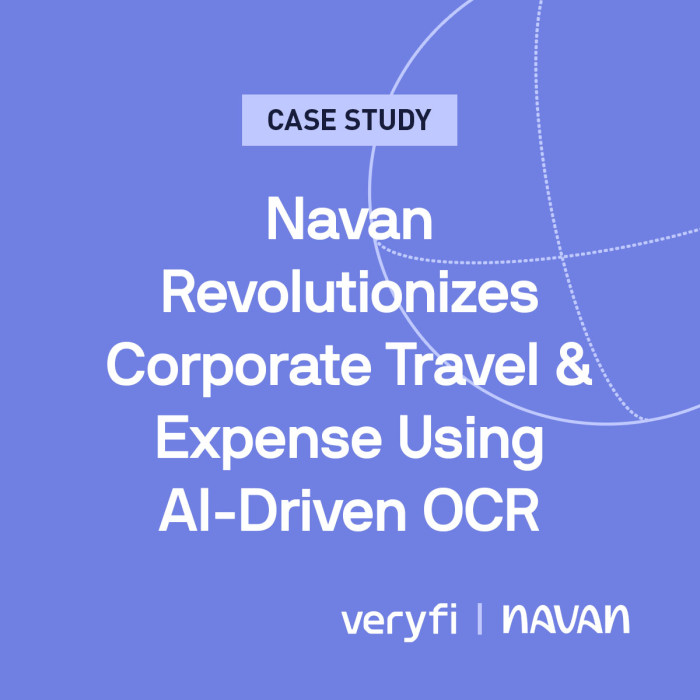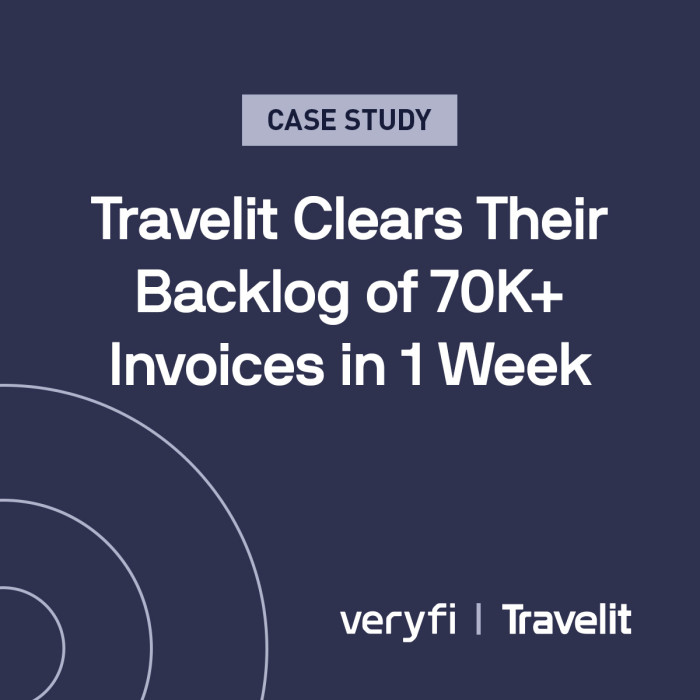Insurance claims processing often feels like a never-ending wait. For those dealing with chronic illnesses, the painfully slow pace of processing claims can be more than just an inconvenience—it can impact their health and well-being. Let’s dive into why processing insurance claims is so sluggish and explore how we can turn this around.
What makes claims processing slow?
Processing insurance claims requires managing a range of crucial documents, including policy declarations, claim forms, proof of loss, medical records, and insurance cards or medical cards. Being able to extract and scan insurance cards is essential for verifying a policyholder’s coverage, containing vital information such as policy numbers and coverage details. Each document, including these cards, must be meticulously reviewed to ensure claim validity and regulatory compliance. The complexity and variety of these documents can lead to delays, making efficient document management and data extraction vital for streamlining the claims process. By integrating accurate and prompt processing of insurance cards with other critical documents, insurers can reduce delays and enhance overall operational efficiency.
Manual Data Entry:
Picture Emma, a single mother battling a severe autoimmune condition. Every time she submits a claim for her treatments, it involves a mountain of paperwork. This manual handling not only adds stress to her life but also increases the likelihood of errors. When data is entered manually, mistakes are more frequent, causing delays and potentially affecting the timeliness of her treatments. Having Emma’s claims adjuster and any real person enter the data is also poses a security risk. The human-in-the-loop cannot guarantee that information extracted is accurate and stays 100% secure.
Inconsistent Data Formats:
Now consider Alex, who lives with multiple sclerosis and needs frequent medication refills. Each time he submits a claim, it comes in a different format. Some are hand-written, others are typed, and some are scanned in poorly. This inconsistency creates a chaotic workflow, where data needs to be interpreted and converted into a standardized format, further slowing down the process. In policy forms, there are also barcodes pertaining to insurance policies that need to be extracted because they carry critical information. Not every OCR solution can scan barcodes and text together, but Veryfi can.
Regulatory Compliance:
For those like Maria, who has advanced cancer and relies on various specialized treatments, the compliance maze can be overwhelming. Insurance companies must adhere to complex regulations and standards, which can slow down the processing of claims. Ensuring that every claim meets these regulatory requirements without delays is a daunting task.
How to Speed Up Claims Processing
Automate Data Extraction:
Enter technology as a game-changer. Automated document processing tools can take Emma’s, Alex’s, and Maria’s claims and extract data with high accuracy. These tools minimize manual data entry errors, ensuring claims are processed quickly and correctly. For Emma, this means less stress and faster access to her treatment. For Alex, it means timely refills of his medication. And for Maria, it translates to fewer bureaucratic hurdles and more focus on her health.
Standardize and Integrate:
Advanced systems can discern inconsistent data formats by converting all claims into a standardized format automatically. For example, Veryfi ADocs recognizes text, tables, images, logos, and every entity in between for document of any structure. Using ADocs means that no matter how Alex’s claim is submitted, it will be processed efficiently, reducing delays and ensuring that his medication is delivered on time.
Automate Compliance:
Modern processing solutions also include compliance checks built into the workflow. This means that Maria’s claims are reviewed for regulatory adherence without slowing down the overall process. The technology ensures that every detail is correct, reducing the risk of compliance issues and speeding up claim approvals. Because every claim reveals prognosis, set of tests run, and things done for the patient, this information can reveal the condition or illness a person has. Thus by ensuring that all data extraction processes are HIPAA certified, this maintains the confidentiality and security of sensitive health-related information. HIPAA-certified Veryfi enhances trust and efficiency in claims processing.
Insurance claims processing doesn’t have to be slow. By adopting advanced document processing technologies, insurance companies can streamline workflows, reduce errors, and meet the needs of people like Emma, Alex, and Maria more effectively. The result? Faster, smoother processing that improves not only operational efficiency but also the lives of those who depend on timely insurance support.










